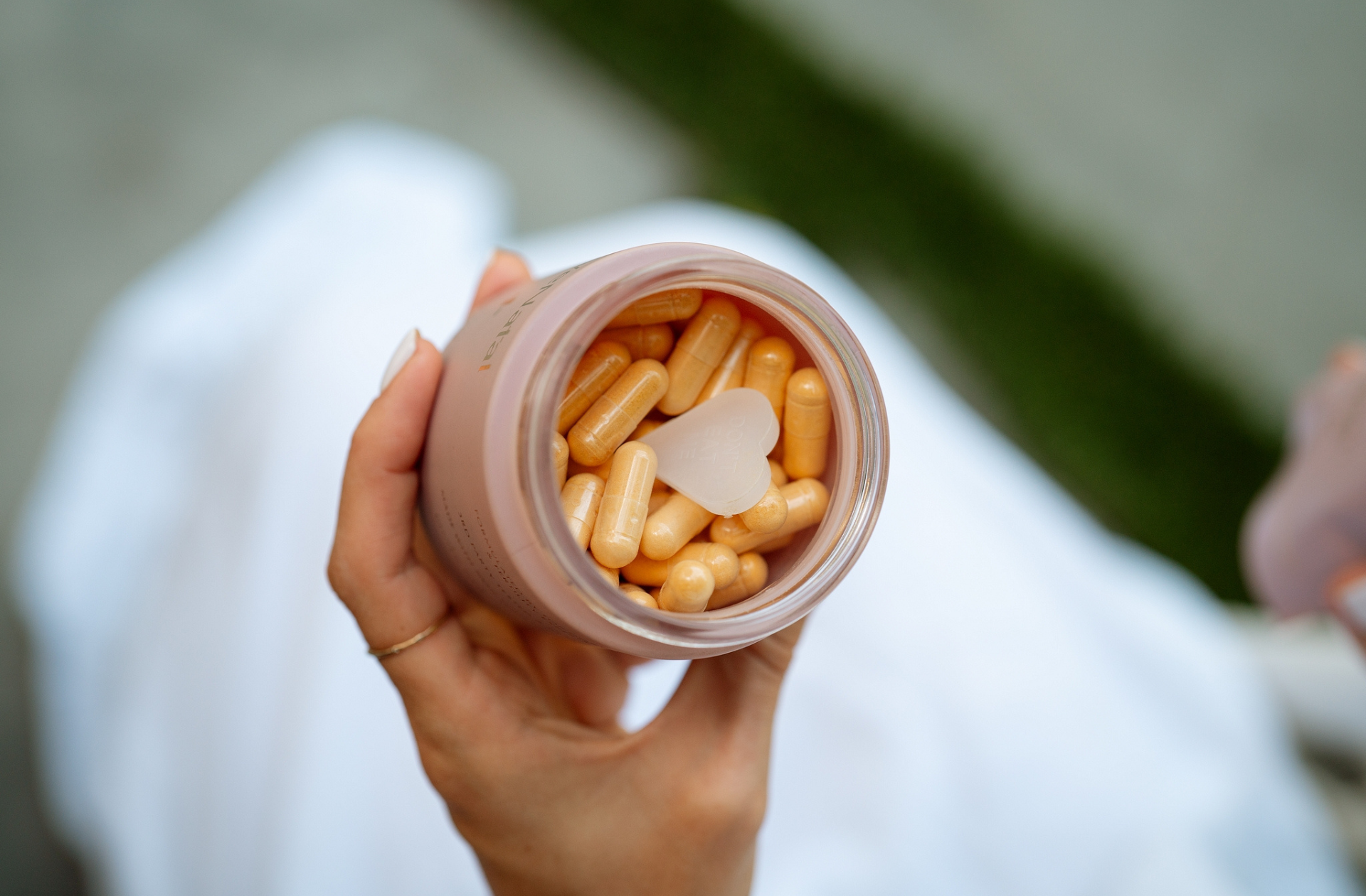Egg quality plays a pivotal role in fertility and conception. Contrary to earlier beliefs, recent studies indicate that egg quality is not solely dependent on age, meaning women can take active steps to improve their egg health. Factors such as mitochondrial function and oxidative stress significantly impact the quality of eggs, with aging often correlating with a decline in these processes. This article delves into how understanding egg quality, alongside optimizing lifestyle and nutrition, can improve fertility.
What is Egg Quality?
Egg quality refers to the health and viability of a woman’s eggs, which directly affects her ability to conceive. Higher-quality eggs are more likely to be successfully fertilized and lead to a healthy pregnancy. While men continuously produce new sperm, women are born with a finite number of eggs, which naturally decline in both quantity and quality with age.
One of the most crucial aspects of egg quality is the chromosomal integrity within the egg. A high-quality egg should contain the proper number of chromosomes. Chromosomal abnormalities can lead to failed pregnancies or developmental issues such as Down syndrome. With aging, the incidence of chromosomal abnormalities tends to increase, making it harder to achieve a successful pregnancy.
The Role of Mitochondria in Egg Quality
Mitochondria, often called the “powerhouses” of cells, are key players in determining egg quality. They are responsible for producing energy in the form of ATP, which the egg needs to mature and function properly during fertilization. However, as women age, mitochondrial function can diminish, which compromises egg health.
Mitochondrial health is critical during oocyte maturation (the process in which immature eggs develop into viable eggs). To support this process, a healthy level of energy production is required. If mitochondria cannot produce sufficient energy, the egg may not mature properly, leading to chromosomal abnormalities or the failure to fertilize.
Recent research suggests that mitochondrial function can be supported through various lifestyle and dietary interventions, making egg quality an improvable factor, even as women age.
Oxidative Stress and Egg Quality
Oxidative stress is another key factor that negatively impacts egg quality. It occurs when there is an imbalance between free radicals (harmful molecules) and antioxidants (protective molecules) in the body. When oxidative stress is high, it can cause damage to cells, including the eggs.
Egg cells are particularly sensitive to oxidative stress due to their long lifespan in the ovaries. These cells sit dormant for decades before ovulation, making them more susceptible to damage from free radicals. Over time, this damage accumulates, reducing both the quality and viability of the eggs.
However, oxidative stress can be managed and reduced. A diet rich in antioxidants can help neutralize free radicals, preventing them from harming egg cells. Additionally, specific supplements like Coenzyme Q10 (CoQ10), N-Acetyl Cysteine (NAC), and melatonin have been shown to support antioxidant defense and mitochondrial health, potentially improving egg quality.
Can Egg Quality Be Improved?
Though it was once believed that egg quality was fixed and could only decline with age, recent advancements suggest otherwise. There are several ways to potentially improve egg quality, particularly through diet, lifestyle modifications, and targeted supplementation. While age remains a factor, taking proactive measures can make a difference.
1. Diet and Nutrition
Eating a nutrient-dense, whole-foods-based diet is one of the best ways to support egg health. Foods rich in antioxidants, such as berries, leafy greens, nuts, and seeds, help protect the eggs from oxidative stress. Additionally, consuming healthy fats like omega-3s from sources like fish, flaxseeds, and walnuts can support cell function and hormone balance.
Vitamins and minerals also play a significant role in egg quality. For example:
- Vitamin D: Linked to ovarian reserve and improved fertility outcomes.
- Zinc: Important for cell division and DNA repair.
- Folate: Reduces the risk of chromosomal abnormalities in eggs.
Maintaining stable blood sugar levels is also essential, as insulin resistance can disrupt hormonal balance and negatively affect ovulation.
2. Supplements
Certain supplements have been shown to support mitochondrial function and reduce oxidative stress, both of which can improve egg quality. These include:
- CoQ10: A potent antioxidant that supports mitochondrial energy production. CoQ10 levels naturally decline with age, so supplementation may help improve egg health in older women.
- N-Acetyl Cysteine (NAC): A precursor to glutathione, a powerful antioxidant that protects cells from oxidative damage.
- Melatonin: Known for regulating sleep, melatonin also has antioxidant properties and has been shown to protect eggs from oxidative stress during their maturation process.
3. Lifestyle Changes
A healthy lifestyle can have a profound impact on egg quality. Factors like sleep, exercise, and stress management all play a role in reproductive health.
- Sleep: Getting adequate, restful sleep helps regulate hormones, including those involved in the menstrual cycle and ovulation.
- Exercise: Moderate exercise improves circulation, reduces inflammation, and balances hormones, all of which are important for maintaining healthy eggs.
- Stress Management: Chronic stress can raise cortisol levels, which can interfere with reproductive hormones and affect ovulation. Practices like meditation, yoga, or deep breathing can help lower stress levels and promote fertility.
4. Avoiding Toxins
Environmental toxins such as heavy metals, pesticides, and endocrine disruptors can negatively impact fertility by causing oxidative stress and hormone disruption. Reducing exposure to these toxins can help preserve egg health. This can be done by:
- Eating organic foods to reduce pesticide exposure.
- Avoiding plastics and using glass or stainless steel for food storage.
- Reducing the use of chemical-laden personal care products.

While age is a significant factor in fertility, recent research shows that egg quality can be influenced and improved through diet, supplementation, and lifestyle changes. Supporting mitochondrial function, reducing oxidative stress, and providing the body with the necessary nutrients can all enhance egg health. For women seeking to optimize their fertility, understanding egg quality and taking proactive steps to improve it can make a significant difference in reproductive outcomes.
Shop the new WeNatal Egg Quality on the GLW shop now!





 No products in the cart.
No products in the cart.